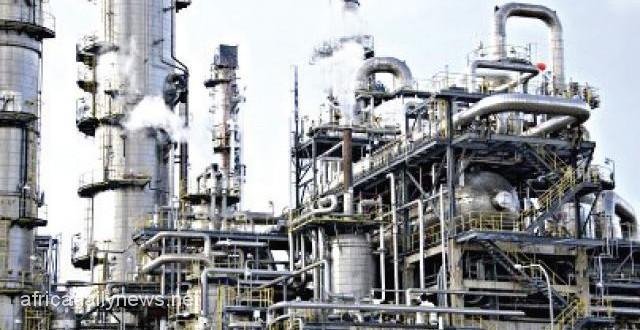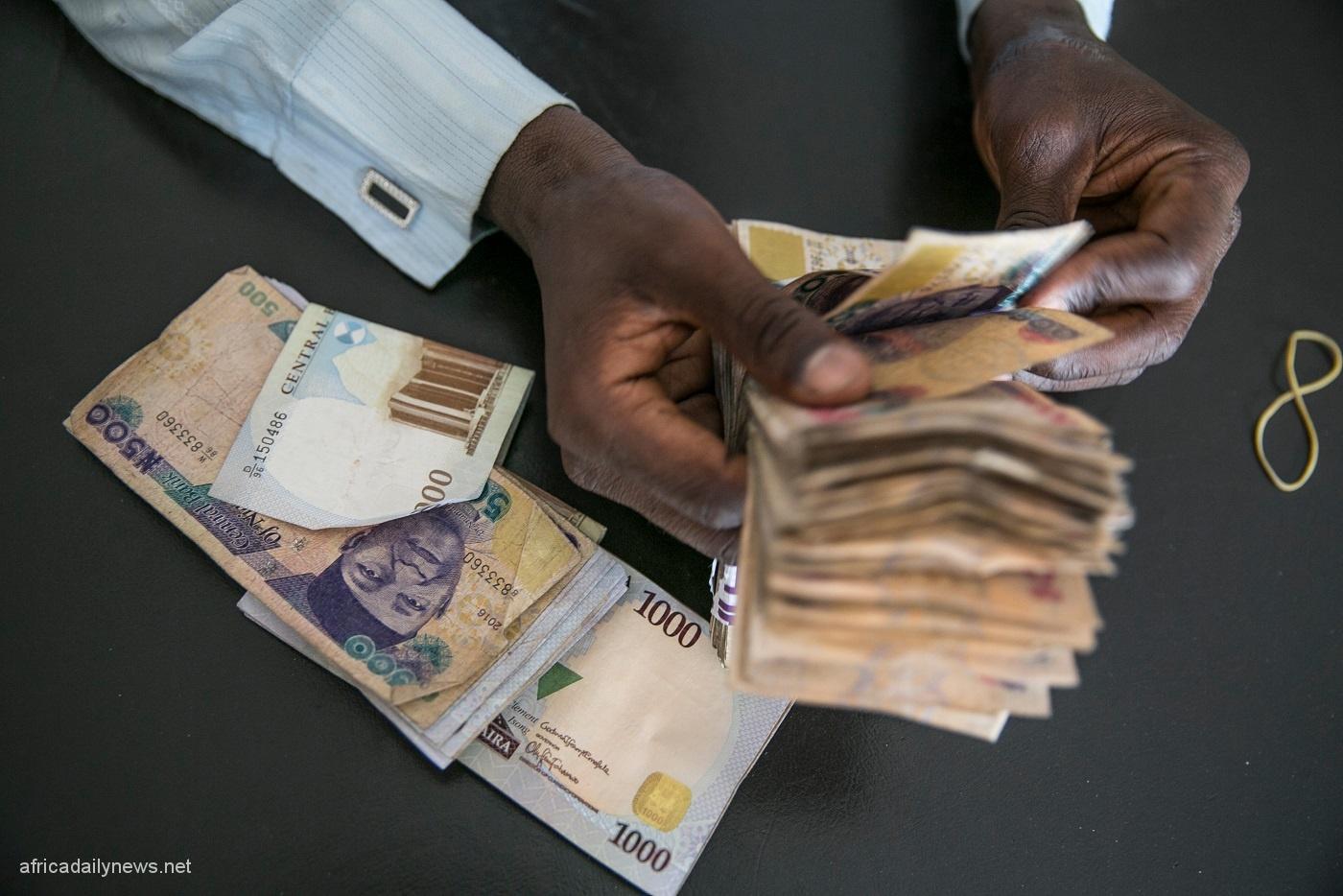The Nigerian National Petroleum Company Limited has explained that one of the major reasons why modular refineries in Nigeria were not producing Premium Motor Spirit (PMS), popularly known as petrol, was because of the regulated pump price of PMS by government.
A modular refinery is a simplified refinery that requires significantly less capital investment than traditional full-scale refineries. They are crude oil processing facilities with capacities of up to 30,000 barrels per day.
Nigeria which is a major oil producer in Africa has a number of modular refineries located in Edo, Delta, Imo and other states, while plans are on to increase the number through private sector investments.
This explanation from the oil company came as data released on Wednesday by the Organisation of Petroleum Exporting Countries indicated that OPEC had raised Nigeria’s oil production quota from the 1.718 million barrels per day target in March to 1.735 million bpd in April 2022.
Read Also: Why We Deliberately Shut Down Nigeria’s Refineries – NNPC
Also, it was observed that the cost of Brent, the crude against which Nigeria’s oil is priced, appreciated on Wednesday, rising to $111.03/barrel as at 6.54pm Nigerian time, amidst the increase in OPEC oil production quota for Nigeria.
Africa Daily News, New York recalls that the organisation has raised the country’s crude oil production quota following the conclusion of the 26th OPEC and non-OPEC Ministerial Meeting, held via videoconference on March 2, 2022.
Nigeria had been missing its oil production quota lately. Early last month, OPEC increased Nigeria’s crude oil production target for the month of March despite the fact that the country had been missing its approved monthly output targets.
OPEC raised Nigeria’s oil production target for March 2022 to 1.718 million barrels per day, indicating a marginal increase from the 1.701 million barrels per day target that was approved for Nigeria in February.
AFRICA DAILY NEWS, NEW YORK










